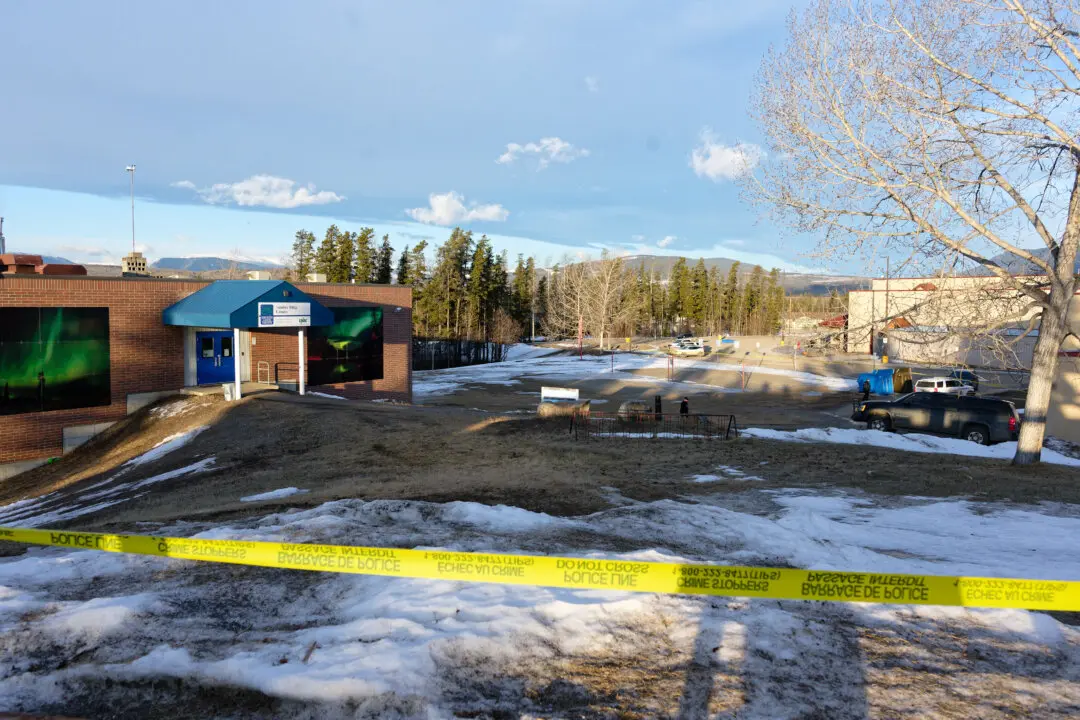The countdown is on for Canada’s federal election and some premiers have made it clear who they will cast a vote for when they head to the ballot box on April 28.
While many of the leaders have indicated they will back the federal party of the same political stripe, there are a few notable exceptions as well as some who have decided to stay out of the federal fray.





